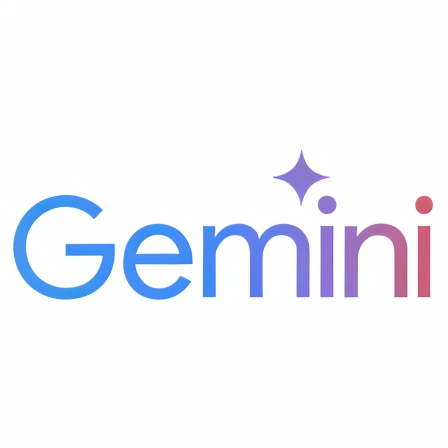
Google Gemini is the name of Google’s next-generation AI language model, which is expected to compete with other advanced models like OpenAI’s GPT and Anthropic’s Claude. Gemini is part of Google DeepMind, which is the research arm behind many of Google’s AI innovations. It represents Google’s efforts to improve its AI capabilities and make them more integrated into its search engine and other products.
Key Features of Google Gemini:
- Advanced Language Understanding:
- Similar to ChatGPT, Gemini is designed to understand and generate human-like text, enabling it to assist with a wide range of tasks such as answering questions, creating content, and summarizing text.
- Multimodal Capabilities:
- One of the standout features of Gemini is its multimodal abilities, meaning it can understand not just text but also images, audio, and other data types. This allows it to perform a wider variety of tasks, such as generating captions for images or analyzing visual content.
- Enhanced Integration with Google Products:
- Gemini is likely to be integrated deeply into Google’s ecosystem, including Google Search, Google Assistant, and Google Cloud. It can improve these tools by providing more natural language interactions, better search results, and a more personalized experience.
- Improved Contextual Awareness:
- Gemini is expected to have better contextual understanding compared to earlier AI models, allowing it to process complex queries with more accuracy and nuance.
- Ethical and Safe AI:
- Google has focused on ensuring that Gemini incorporates safety measures to reduce biases, misinformation, and harmful content generation. This is a priority for Google as they seek to provide more responsible AI-powered solutions.
- Competition with Other AI Models:
- Gemini competes with other advanced language models, including OpenAI’s GPT-4 and Anthropic’s Claude. It aims to provide more powerful and efficient AI-driven solutions, particularly in natural language understanding and generation.